
34 minute read
A Legacy of Perseverance
A Legacy
Perseverance
2020 has been a challenging year for all of us. How do we move forward? What should we do? How has this uncertainty affected us?

In this featured section, we explore the ways our mental, emotional, physical, spiritual, and social health has been affected. Through personal accounts, our students, faculty, administration, and alumni share their experiences and perspectives on these issues.

Rituals, Teaching, Community Activity, Familiar Faculty

By Len Miller
When I accepted the job as the head of school at Saint Mary’s Hall this past winter, coronavirus had not yet emerged as the global threat it is today.
I had visions of spending my first year as an archeologist, studying every corner of our beautiful school and slowly building relationships with each and every community member. My goals: to understand SMH and its institutional voice from past to present. And, to always act with intention and integrity in all we do.
While these certainly remain my top priorities, coronavirus forced my team and me into immediate action. Would SMH be able to open safely in the fall? If so, what should this look like and how could we be ready in eight weeks? These questions forced us to also zero in on WHY we as educators do what we do. How must we change to bring forth our mission to students in new and different ways? How can we provide college readiness and fulfillment in life to all students in an upended world? How can we specifically harness technologies, build community, and encourage capacities for learning and connection, all while keeping our community safe?
While many of these questions were given a new urgency by the pandemic, they are actually essential to all great schools. Great teachers ask themselves these types of questions every day. Not just what do I teach, but how and why do I teach the way I do? And, what is the impact I am having on my students and their learning? If we ask the right questions as educators, so too will our students.
In order to succeed in the face of the pandemic, SMH shouldn’t be in “survival mode.” Rather, as Simon Sinek suggests, we need to be agile and open to reinvention. History teaches us that many great institutions have grown better in the face of struggle. SMH, in fact, has navigated tough times before during three campus relocations, a cyclone in 1900, the 1903 yellow fever, the 1946 polio outbreaks that shut down the school, two world wars, the Great Depression, Vietnam, 9/11, and recent social movements.
After meeting our leadership team, faculty, students, and parents, I quickly realized the extraordinary privilege I had been given to lead SMH during this time. It was at base an opportunity for me to build trust and a culture of belonging and care.
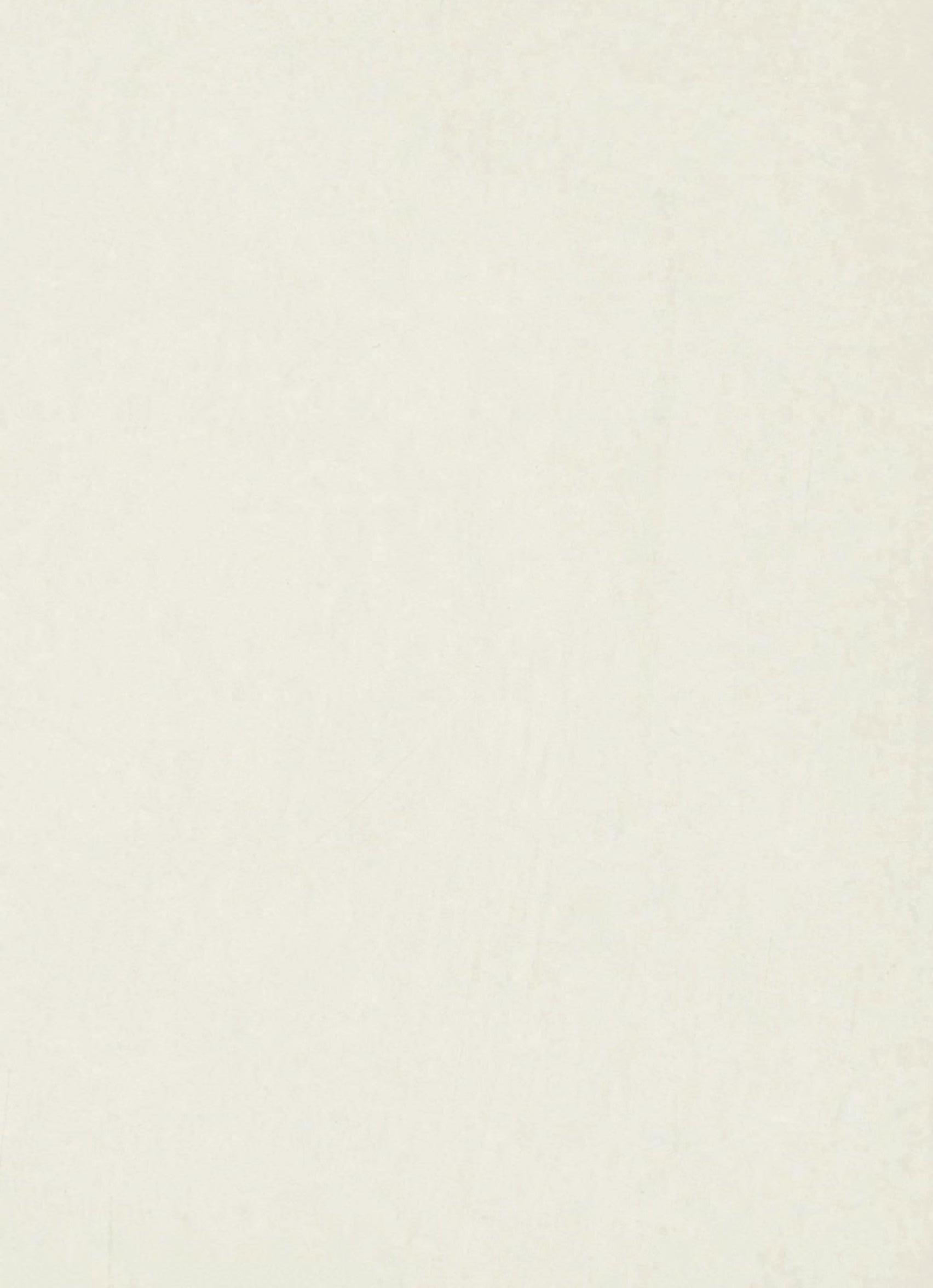
SMH has unique qualities that we wouldn’t ever want to change. We have an extraordinarily dedicated and skilled group of teachers, many of whom gave up their summers to learn new skills. They increased their teaching hours, professional development, entered the world of Zoom, mask wearing, and social distancing. Our students are unparalleled in their courage, curiosity, and engagement, and our parents have offered amazing support in community-building, doing supply pick up, drop off, and creating activities and support for our seniors in particular.
This coming together and resilience must have been just what Mrs. Dolly Morrow Attget ’42, president
of the Alumnae Association, meant when she said on the groundbreaking celebration of our current campus that SMH is “not a building, but a spirit.”
The foundation of the school, as I learned in my reading of our School’s history, Saint Mary’s Hall: The First Century, has been the marriage of a frontier mindset with a community spirit.
For more than six months, SMH has been successfully offering both virtual and in-person classes. While our school does look different, our community remains committed to maintaining rituals and traditions to both hold and sustain us. While some of our most cherished rituals may have bent, they have not broken, and rituals have also been created anew. We celebrated Blue Tie, Convocation, Founders’ Day, and our Master Teacher Awards.We’ve continued Morning Moments, Chapel, athletics, and fine arts. New moments have also been created to capture our current situation: Lower Schoolers received teddy bears, Upper Schoolers new ping-pong tables. We have weekly supply pick up for virtual learners, and lunch with the head of school for virtual Middle School learners and senior leaders. Senior moms gifted senior chairs, our Middle School students crafted spirit week, and our Lower School held a Charlie Brown day to help celebrate our actors and stage designers in their production of You’re a Good Man Charlie Brown.
It has been said that historical crises also call forth what is most noble in the human spirit. This has been certainly true at SMH. Not one of these initiatives could have been possible without the magic of our community and the tireless efforts of our faculty, staff, and parent volunteers.
In a time of chaos and uncertainty, we are tasked with working together to provide an education that will inspire our students to serve others. It is through education — one that is expansive, diverse, and relevant — that we can prepare our students for lives of fulfillment.
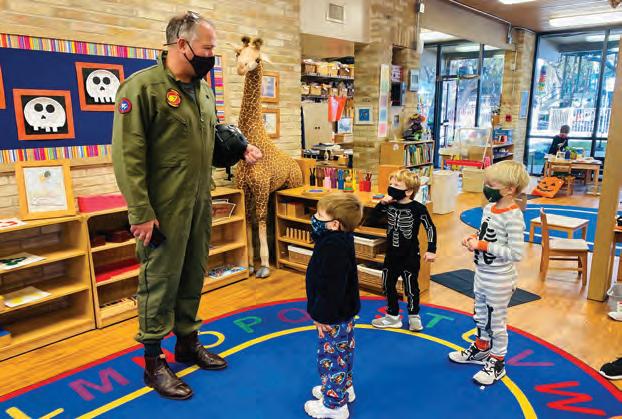
Len Miller joined Saint Mary’s Hall as the head of school on July 1, 2020. He has served independent schools with distinction for more than 25 years. He joins SMH from The Hill School in Pottstown, Pennsylvania where he served as associate headmaster since 2014. He also spent 14 years at The Lawrenceville School in Lawrenceville, New Jersey. Len and his wife Penny have two children, Tyne (a freshman at Bucknell University) and Bo ’28.
Academics in the Time of Pandemic
By Brance D. Arnold
The learning experiences offered on campus are key to a Saint Mary’s Hall education.
Learning thrives best in the context of community. This is especially true at SMH, where students and faculty share a mutual trust, building and enhancing character and growth. Due to the challenges presented by COVID-19, it has been a Herculean effort to maintain the excellence of our academic programs and the overall student experience for which Saint Mary’s Hall is known. Here are some distinct ways SMH has adjusted its academic programming during these uncertain and difficult times to provide a quality education to students.
From a Distance
Last spring, SMH had to shift entirely to virtual or distance learning. Faculty had to pivot and acclimate to giving instruction entirely online. SMH provided virtual learning through livestreaming, asynchronous, and various other pedagogies. These methods were adjusted to accommodate Form level and subject. A new schedule was created for each of the three divisions to help optimize distance learning.
A faculty Advisory group was created for each division to analyze previous results and generate new practices and policies. Teachers signed up for Global Online Academy’s training, “Designing for Online Learning,” and many sought related professional development opportunities independently. The Technology Department hosted workshops to enhance teacher literacy on best-in-class platforms for virtual learning.
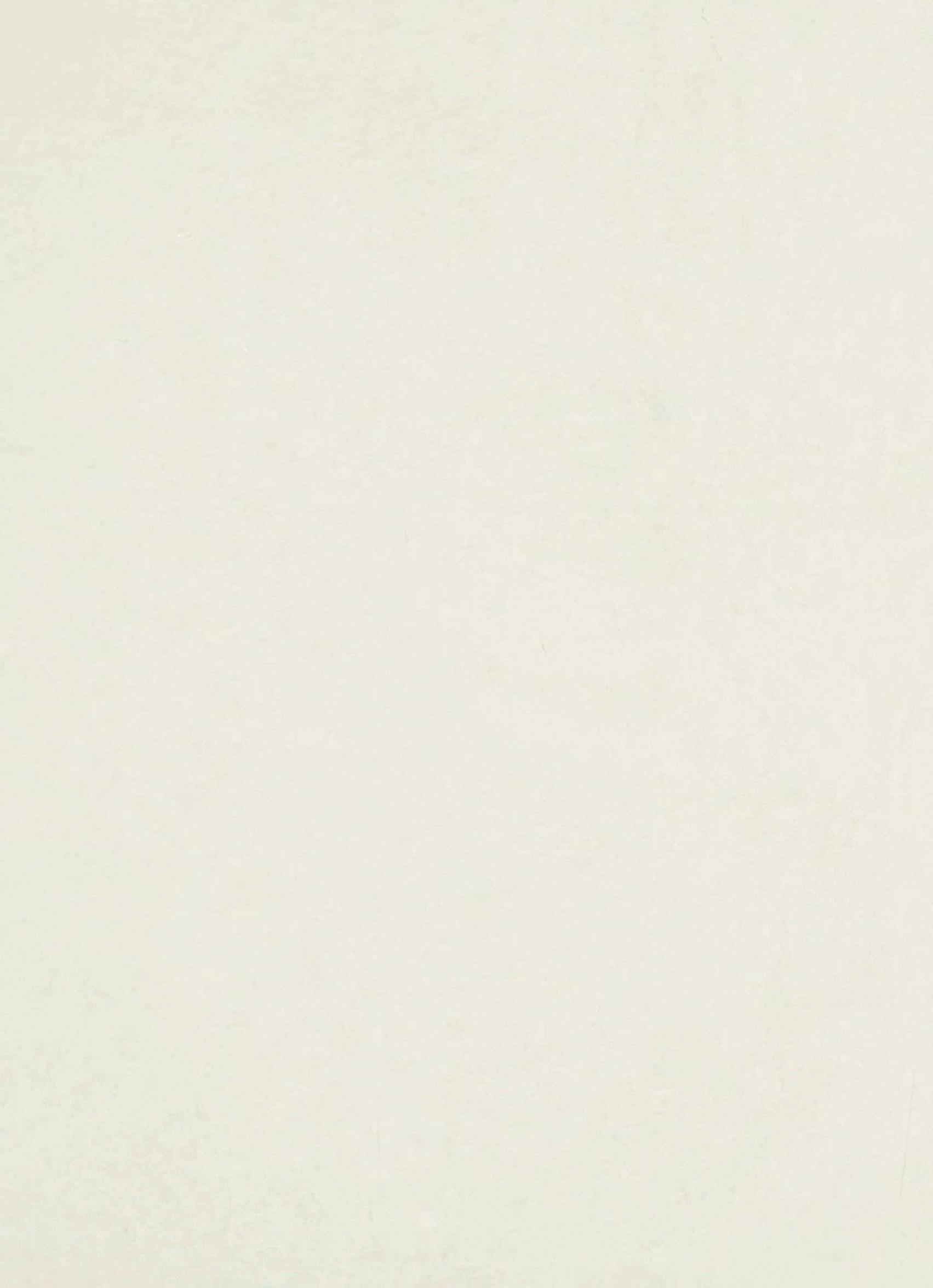
Faculty used various distance learning delivery platforms to conduct their lessons and instruction. Examples of new technology were: Zoom, a video

communications platform; SeeSaw, a student-driven digital portfolio; and Google Docs, a free web-based word processor; as well as Google Drive, One Note, One Drive Folders, Dropbox, and email. These answers allowed for students to successfully complete and submit assignments and projects.
“ SMH continues to put learning and the students’ wellbeing first. The efforts toward maintaining the SMH community, friendships, and student-faculty bonds have been remarkable,” said SMH parent Dr. Allen Holder.
A Shift to Hybrid
In September, SMH began introducing students back to campus with Cohort Pilot Testing for Lower School, which allowed for on-campus classes plus an option for families to have their students continue learning from home. Gradually, students in other divisions were welcomed back to campus. The school developed schedules that allowed for physical distancing, reduced density in classrooms, and extra transition time between periods. Teachers continued to use the same learning delivery platforms as in the virtual learning phase.
The move to Hybrid presented a new challenge for faculty and students as classes were simultaneously conducted in-person and via Zoom for virtual learners who opted to participate from home. Faculty provided synchronous instruction for those who could not be on campus but could still engage the academic schedule remotely in real-time; and asynchronous instruction for students who needed to engage learning remotely but were not able to access the live classes synchronously.
“I streamlined my teaching to optimize delivery and efficiently to convey the material in as enjoyable a manner as possible. During lectures, I work to consistently engage all my students – both those in person and online – to maximize participation and comprehension. I have also developed a new motto which has been tremendously beneficial – ‘Keep it simple,’” said Upper School Math Teacher Jose Molina.
Saint Mary’s Hall faculty and students have been resilient in transitioning to both Virtual and Hybrid learning phases. The commitment to achieving a successful learning experience and student engagement has been profound despite being unchartered waters. Their efforts have provided for a dynamic and adjustable learning model for SMH as a community of educators and scholars.

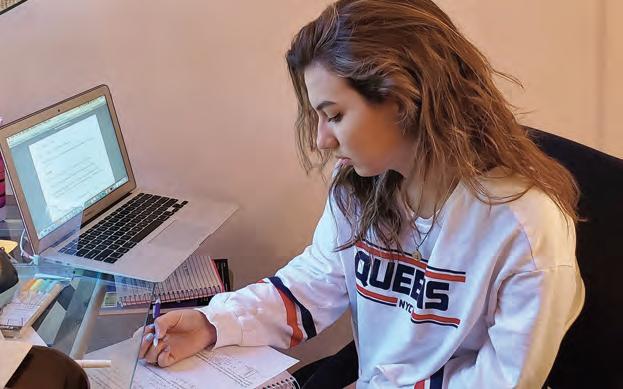

Brance D. Arnold is the assistant director of marketing and communications. He is in his fourth year at Saint Mary’s Hall. He holds nearly 10 years of marketing experience. He has a Bachelor of Arts in English Communications from St. Mary’s University and a Master of Arts in Communications from the University of the Incarnate Word.
Yes, I Sometimes Suffer from Anxiety
By Elizabeth (Liz) A. Thompson
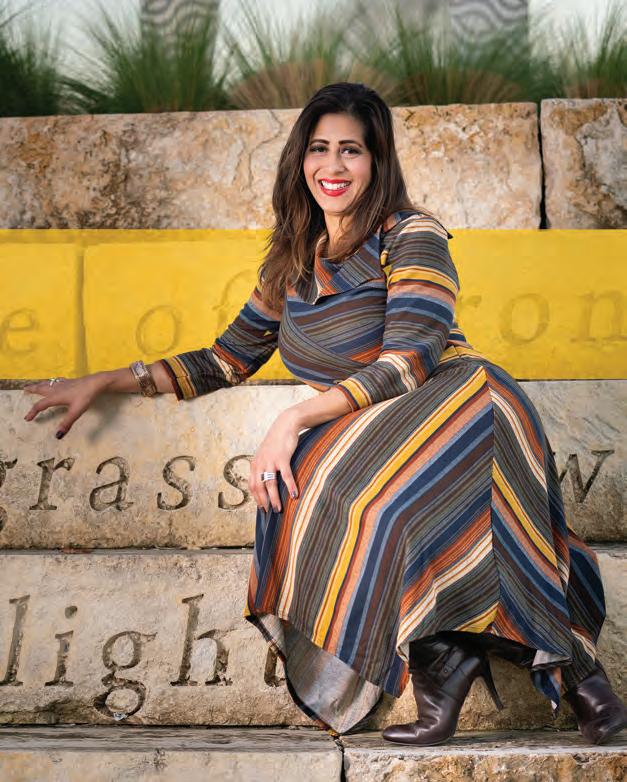
During the past year, the subject of mental health has risen to the forefront more than ever before. I spoke with Saint Mary’s Hall Director of Wellness Dr. Sandra Lopez-Morales and SMH parent and board certified psychiatrist Dr. Soad Michelsen to find out how the pandemic has affected us as well as how we improve our mental wellness.
One of the biggest mental health challenges during the pandemic has been anxiety. Things like the trauma of losing family and friends, isolation, and uncertainty have caused much of this anxiety.
That got me thinking … what is anxiety? To me, anxiety was represented by the stereotypical image of someone bent over with their head between their knees blowing into a paper bag. This person was also sweating, crying, and paralyzed from taking any action.
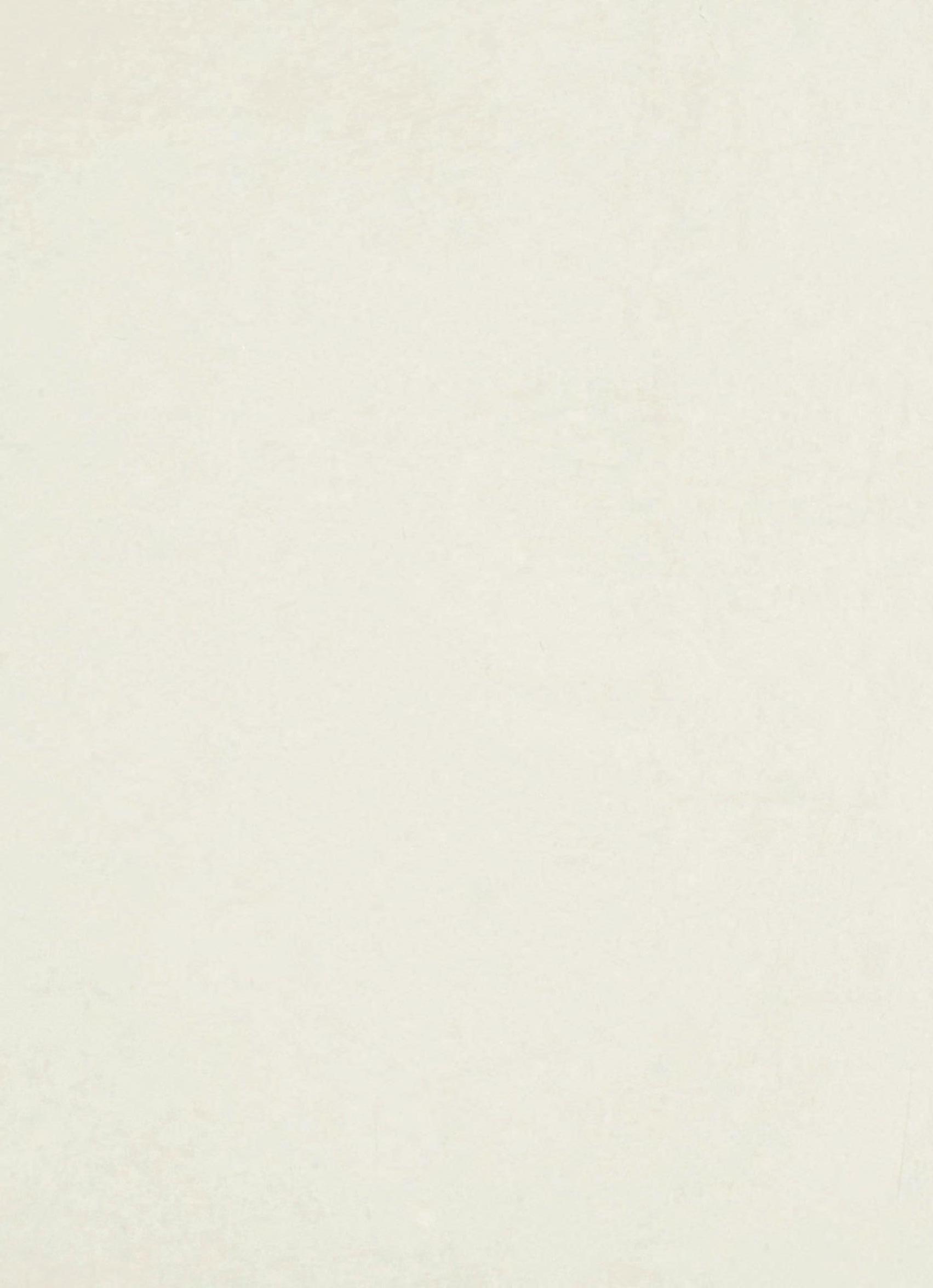
What I learned was that anxiety is not a disorder in and of itself, and it is not a weakness. It is a way of thinking and can be expressed in many ways. It is prompted by a fear of the unknown and the “what-if” questions that arise. Anxiety can be physical or emotional (withdrawal or attack) responses. It can be positive in helping drive us to meet our goals and objectives, or it can be negative in the sense that it is debilitating.
The truth is most of us have felt anxiety at one point or another in our lives, whether it has been physical, emotional, positive, or negative; that caused me to reflect on personal incidents (since the pandemic started) that ran the gamut from sad to mad and everything in between. I chalked it up to stress or being tired. In other words, I was in denial. It turns out most of my anxiety was emotionally based, and stemmed from a need to perform, handle situations, find solutions, and be perfect. Dr. Michelsen says, “High functioning people tend to be able to handle many more ‘what ifs.’ They are always trying to find a solution. But when they lose their sense of control and their ability to find a solution, their anxiety becomes debilitating.”
Take Care of Yourself and Juggle Less
Ok, now what? Once we can recognize anxiety, how can we cope with it? How do we help our families, friends, colleagues, and students cope? As Dr. LopezMorales shared, we need to take care of ourselves. If we don’t, we aren’t going to be able to take care of those around us. We should acknowledge our feelings and emotions first. Are we grieving the ability to see our family and friends? Are we sad that we’ve had to stop doing something? Once we do that, we are better prepared to help others, especially children.
During the course of our conversation, Dr. Michelsen equated anxiety to juggling. She said, “It is tough to juggle three balls. I have to pay attention, but I can still manage it. Then I get thrown three more balls.” She notes that is when anxiety sets in …
trying to figure out how to juggle more and do more. She shared that she herself had gone through this process. “I realized that figuring out how to juggle more balls wasn’t the answer. The answer was about reprioritizing and picking what was important, and then letting go of a couple of balls. I had to restructure things.” While she admits this can take a lot of practice, it is worth it. That was my “a-ha” moment. I had been trying to juggle too many things, and kept allowing more to be added. It became a juggling act that no one (not even I) could sustain. Only by accepting that I could not do everything and prioritizing the most important things did I start to control my anxiety.
Navigating the Pandemic
How do we as staff, faculty, parents, or students slay our anxieties and navigate the uncertain future? Both Dr. Lopez-Morales and Dr. Micheleson spoke about some of the positive changes that have come about due to COVID-19, and how to harness those as we move forward. Some of the key ideas mentioned were:
• Improve Communication
There has been more dialogue where families and friends are asking questions and sharing different perspectives. We should continue with Zoom meetings, happy hours, and celebrations. We should connect virtually with people we haven’t talked to in a long time. Or, we should take the time to connect by phone with friends and family, since we can’t see them in person.

• Redefine Your Thoughts
Instead of asking, “Am I doing this perfectly?” or “Is this the right thing to do as a parent?” We should think in terms of “Am I doing any harm?” Acknowledge that you are doing the best you can, and that’s ok, as long as you aren’t causing harm. In our current environment, it is about identifying the problem and persevering.
• Establish Good Relationships
Many organizations, including Saint Mary’s Hall have focused on creating and maintaining a sense of community. Follow this example and find creative ways to connect with the community and each other. Try to apply authenticity, empathy, and compassion into your relationships. • Be Positive and Open to Change
What was great today is not necessarily the way we have to do it tomorrow. For instance, the way we celebrate graduations and birthdays has changed. As Dr. Michelsen says, “Traditions were created, we weren’t born with them. The pandemic has presented us with a great opportunity to break with the mold and create new traditions. Instead of thinking about what we do not have, we can mold events into something different, and leave a legacy on a very important time in history.”
The inspiration for this article started with a seed of an idea to create awareness for mental health. Instead, I was the one who learned. One of the best ways to cope during these uncertain times is to be self-aware and redefine for yourself what it means to be perfect or right. Give yourself grace, be flexible, and strengthen your relationships. Above all, never lose hope. Though things may be different, we all have the ability to thrive and persevere.
- Elizabeth (Liz) A. Thompson
Elizabeth (Liz) A. Thompson is the director of marketing and communications. She is in her 11th year at Saint Mary’s Hall. She is passionate about marketing, with more than 20 years of experience. She holds a Bachelor of Business Administration from St. Mary’s University and a Master of Business Administration (with a concentration in marketing) from The University of Texas at San Antonio.
Positive Perseverance A Conspiracy for the Good

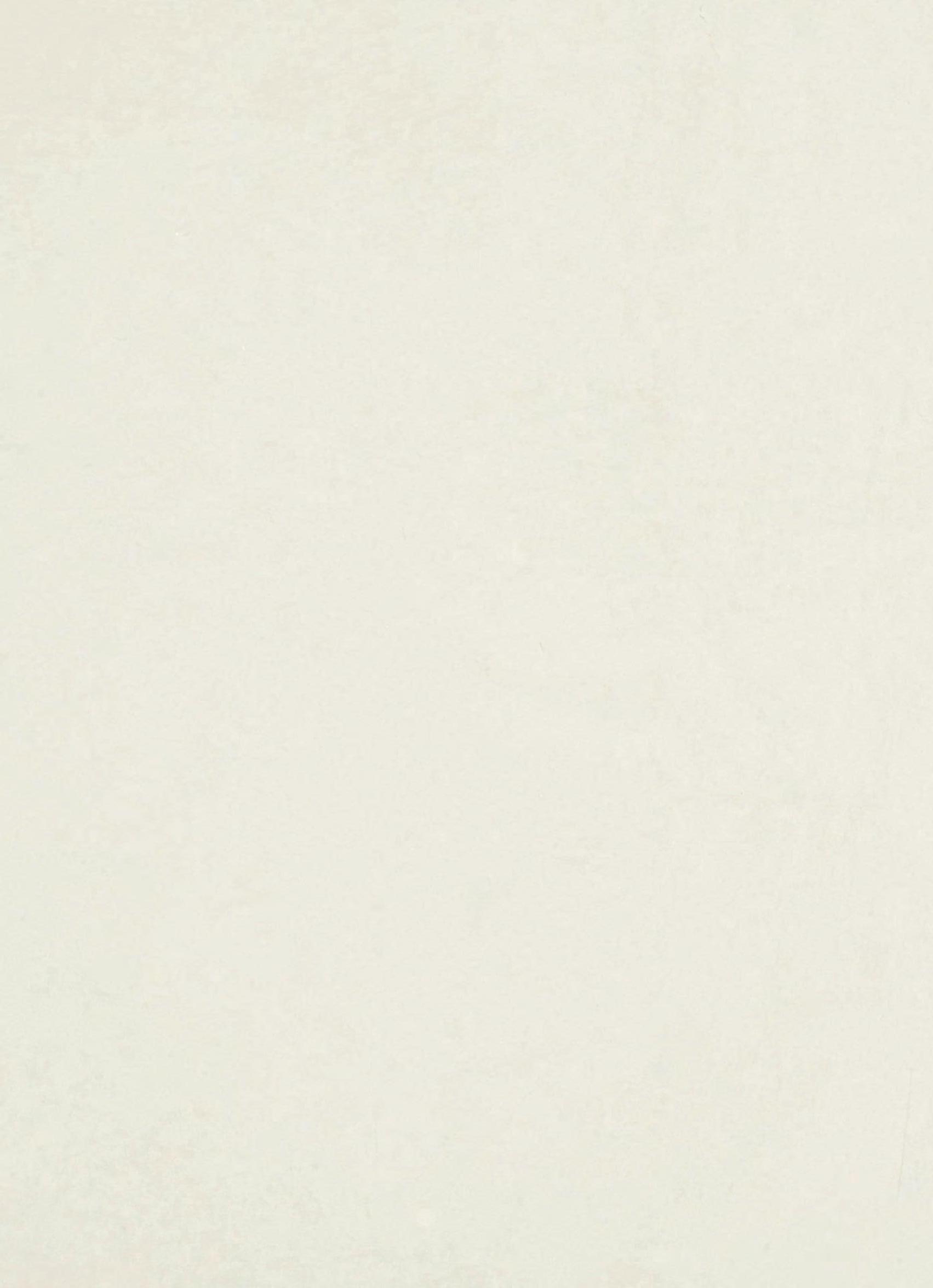
By Mike Mayberry
Reflecting on my personal experiences and life journey, I realized it is difficult to articulate clearly my approach to handling life’s challenges.
There really isn’t a set answer. Perhaps it is more of a process, or practice, I have adapted throughout my life based on my experiences. I’m reminded of a lesson presented to me early in life: Failure is never final, and success is not forever. The key is to learn and grow as human beings as we move through both our challenges and our opportunities.
To develop a positive perseverance mindset, like most habits, it is a cumulative process, developed over time with daily deposits. While I’m sure my outgoing personality has a predisposition to look for the good in others and the circumstances confronting us, I believe the real key is that my attitude is a choice, an intentional choice. It is one that I make every day based on my circumstances in life and work.
I’ve tried to distill my key learnings from my personal experiences into a simple formula to develop and practice what I will call Positive Perseverance: Perspective + Focus + Gratitude = Positive Perseverance. These key life practices have developed from various stages of my life and career when I experienced major events that often served as wakeup calls, presenting life lessons.
Key Life Lessons
As a young educator at age 27, I was happily married with a young son while serving as a high school head basketball coach for a successful, state-ranked team. Then, in the blink of an eye, I lost both of my parents
to terminal health issues within 18 days. A friend gave me the book, Tough Times Don’t Last, Tough People Do, which became a blueprint for dealing with life’s adversity, and offered to serve as a sounding board to help me gain perspective during this difficult time. A key life lesson emerged: “It’s up to me to get through this difficult experience, but I don’t have to go it alone.” This was a catalyst for me to realize that the perspective and wisdom I receive from others is a critical practice to develop Positive Perseverance.
Fast forward 18 years, my career and family life continued to develop and grow. I transitioned from athletic coaching to executive coaching and leadership training with several top corporate clients throughout the U.S. and internationally. One fall day, as I was working at Motorola’s corporate headquarters in Chicago, two planes crashed into the twin towers in New York City. Subsequently, my leadership-training meetings in Chicago were cancelled for that week, and I knew that many others would soon follow. Being self-employed, my family’s financial wellbeing would be in jeopardy, as well as my career that was flourishing at the time. Two sentences remained stuck in my head: life really can change in the blink of an eye; and when one door in life closes, shift your focus to other doors that may be opening. Fortunately, for my family and me, one of those doors would lead to Saint Mary’s Hall.
I am still happily married for almost 45 years with a grown son and daughter who have both carved out their own successful lives and careers. I am also the proud grandparent of three wonderful grandchildren. My career transitioned from executive leadership coach to assistant head of Middle School and dean of students at Saint Mary’s Hall. I strive to be a mentor for faculty and focus on coaching our students to discover and bring out their best selves; I sincerely love my work, my SMH colleagues, and the SMH community.
In January of 2019, I received a life insurance renewal letter that was declined because I had not passed a physical exam required for renewal. The physical showed I had an excessively high PSA count, indicating the possibility of prostate cancer. I soon discovered that I had advanced prostate cancer. I remembered a quote that I have used often in my past leadership coaching that suddenly had new meaning for my own life. “If you don’t always get what you want in life, just think about the things you didn’t get that you didn’t want.” I certainly didn’t want cancer, but the second half of that quote reminded me of the things in life that I’m thankful to have avoided. Many, many others have been less fortunate than I. My focus again shifted to gratitude. As I write this piece, my doctor has declared my cancer medically in remission, and I am free from all treatments for the immediate time being.
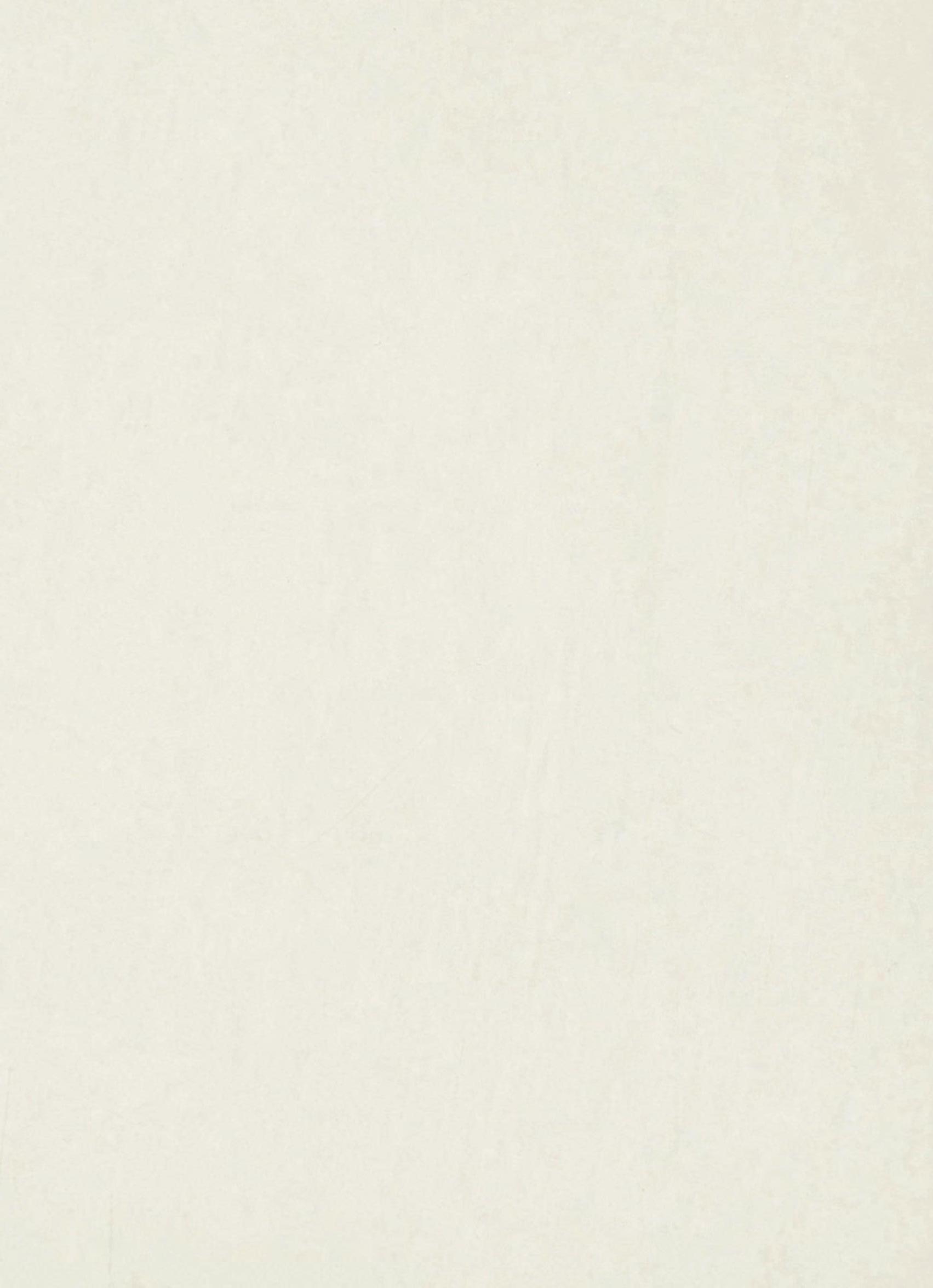
Focusing on the Positive is a Conspiracy for the Good
COVID-19 has certainly presented many changes and challenges in our lives. One might even say “in the blink of an eye.” But, to develop positive perseverance let’s remember a wise quote: “It’s not as important what happens to us as how we respond to what happens to us.”
I hope these words give you food for thought and provide a practical guide to develop positive perseverance. I believe implementing these practices is a conspiracy to bring out the good in your life and the lives of others.
My charge to you would be this:
• Create a sounding board to enhance your PERSPECTIVE toward life challenges.
• FOCUS on the positive that you want to expand, not the negative.
• Exhibit GRATITUDE for both what you have and what you don’t have in life that is a blessing.
Mike Mayberry serves as assistant head of Middle School and dean of students. This is his 15th year at Saint Mary’s Hall. He previously was head boys basketball coach and assistant athletic director. Mike’s wife, Bitsy, has been teaching in the SMH Lower School for 23 years, and they are the parents of two SMH alumni, Matt ’99 and Morgan ’05, and grandparents of Gunner ’32. Morgan serves as admission and enrollment management coordinator at SMH.
A Commitment to Health as a Student-Athlete
By Peyton Soltis ’25
Being an active person while balancing my academics and athletics has been challenging over the past nine months. I have been playing sports since I was around three years old.
I have played for many club teams, as well as for Saint Mary’s Hall. Learning how to maintain a schedule that involves exercising and academics has been a challenge I have always had to overcome.
Learning to adjust to life during a global pandemic has made keeping this schedule even more difficult. Keeping a consistent sleep schedule has been very important to staying in shape, both mentally and physically. Maintaining a healthy sleep schedule replenishes my body and ensures that I grow more. Eating regularly is also a key part to maintaining proper health. Eating healthily and routinely gives my body the key nutrients that it needs as a growing young man. It also helps me stay in shape so my body can perform to its best abilities.

To maintain my physical health during this pandemic, I adopted numerous different forms of exercise. One way I exercised was by going outside and playing basketball for a couple of hours when I had time off from school. I practiced my ball handling, shooting, and even defense when my brother would join. I also went for runs around my neighborhood, though I didn’t always like it. This helped to keep my endurance up so when I play in an actual game, I won’t get burned out or tired towards the end of it. After the run, I also did sprints uphill for 30 minutes twice a day, giving myself a 30-minute break in between. I did this to help increase my overall speed and acceleration, so when I’m in a game I can be faster than the opposing players. Playing lacrosse is a big part of my life. Towards the end of last school year, my summer club lacrosse team had already started. It was a big commitment to drive up to Austin four times a week, as well as to play in four tournaments across the country. Our practices were very competitive and high-paced. Our coach ran drills quickly in order to keep us conditioned and better able to beat our opponents in tournaments. Playing in tournaments is fun, but also tough on my body. I traveled to states such as Maryland and California to play in tournaments. While there, I played in at least three fifty-minute games each, usually across Saturday and Sunday. Playing for a championship in a tournament is always thrilling, but winning them is way better.
During these challenging times, it is important for me to maintain my physical health as an SMH student-athlete. That way, I am able to be successful in the classroom and on the field.
Peyton Soltis is currently in Form 8 and has attended Saint Mary’s Hall since 2010. He has played on the Middle School football, basketball, and lacrosse teams. Peyton’s older brother Austin ’22 is currently a student at Saint Mary’s Hall. The Soltis Family has been a part of the Saint Mary’s Hall community since 2007.


Finding Balance During a Pandemic
By Maggie Leavitt ’21
Attending school during a pandemic is difficult. I have expressed this before to others, who nod and talk about how remembering to put a mask on before going out is irksome.
They are right, but I try to make it easier on myself. I keep hand sanitizer in my purse. I leave my mask next to my wallet. However, when I say attending school during a pandemic is difficult, I am not talking about the protocols; I am talking about maintaining my health.
Between my physical and mental health, my physical health is easier to preserve because it relies mostly on what I eat. I do not mean to say I am on a diet, but I make sure I get enough food and nutrients to sustain me throughout the day. I try to eat three meals a day and ensure those meals have proteins, carbohydrates, and vegetables or fruit. In terms of exercise, I try to go outside at least once a day, whether to walk my dog or breathe in fresh air. Due to winter fitness, I have been getting more exercise than usual, but as long as my body is functioning properly and I feel normal, I consider myself physically healthy.
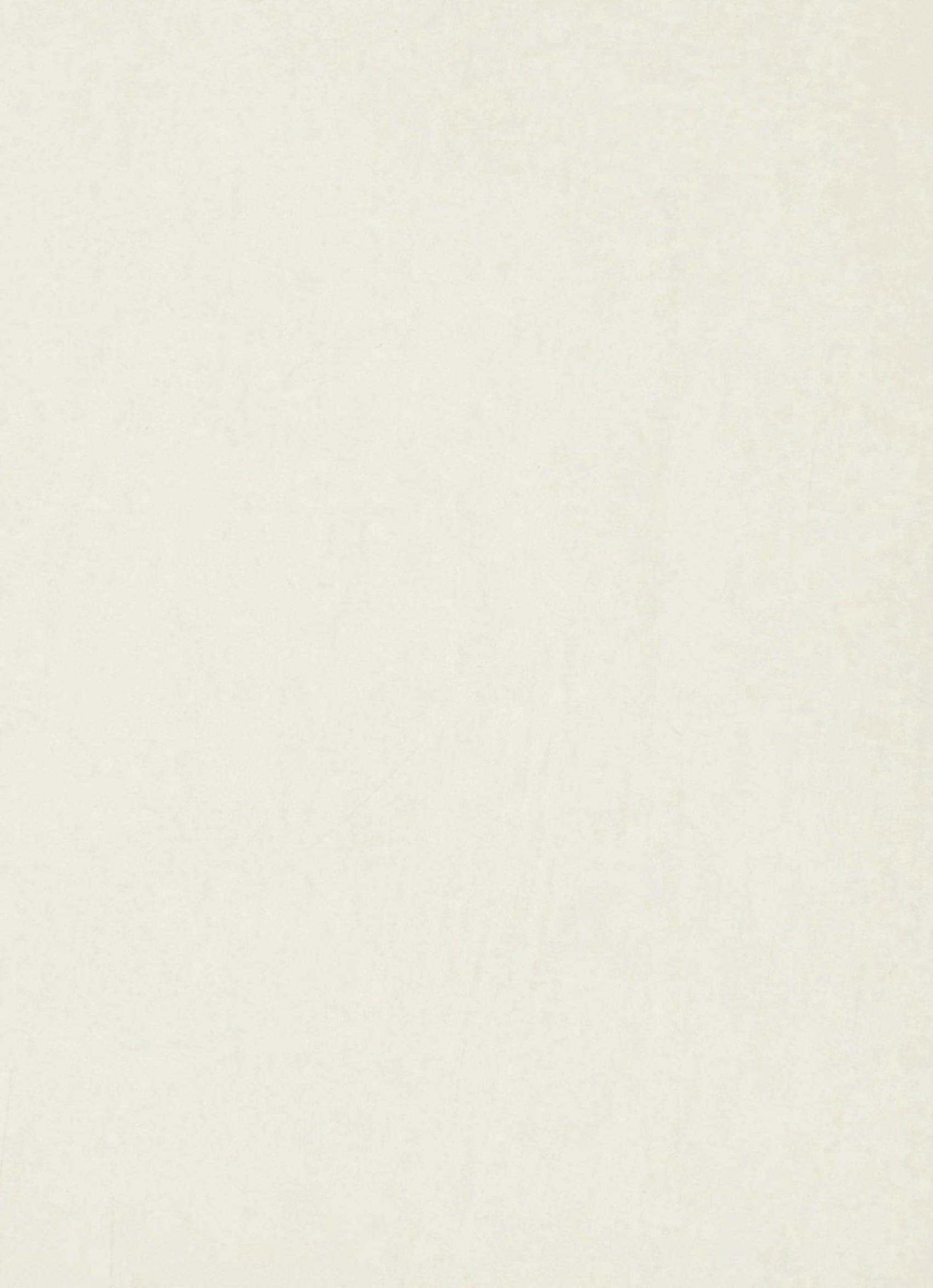
My mental health is an entirely different matter. All students face two types of stress: the stress of attending classes and struggling to do all of the homework while applying to colleges, and the stress of being asked to make something skillful, creative, and original, all during a pandemic. Most days I can do it. I go to school, do my chores, finish my homework, and complete a screenplay for cinema, or a project for English, but I always end up sacrificing something. On the days I can do everything, I sacrifice time to relax, to spend with my family, to write leisurely and not for an assignment. Other days, when I cannot do everything, I sacrifice efficiency. I sacrifice a college application for an extra hour of sleep and a shotlist for time to talk with my mom. There are days I am more productive and days I am less productive, and I am learning to find balance and say both are okay. It is okay if I take a 30-minute nap during lunch. It is okay if I ask for an extension so I can finish another assignment. Learning balance is important, the human mind is not meant to do a hundred tasks per day, and if the mind is exhausted, the body will be too.
We are in the middle of a pandemic, and we have all been affected in minute and colossal ways. The changes we face will stress us out, and at times, we might not function at the level of proficiency we are used to. That is okay. We must learn to be patient and gentle with ourselves and to accept our victories, whether they be slight or immense. We are trying, and that is enough.
Maggie Leavitt is currently a Form 12 student and has been attending Saint Mary’s Hall since 2006. She is a member of the DEI Task Force and has varied interests including digital cinema, creative writing, and theater. The Leavitt Family has been a part of the Saint Mary’s Hall community since 2006, with Maggie’s two older sisters, Catherine ’15 and Jacqueline ’19, and her brother, Andy ’23.
My Spirituality
Brought Me A New Awakening
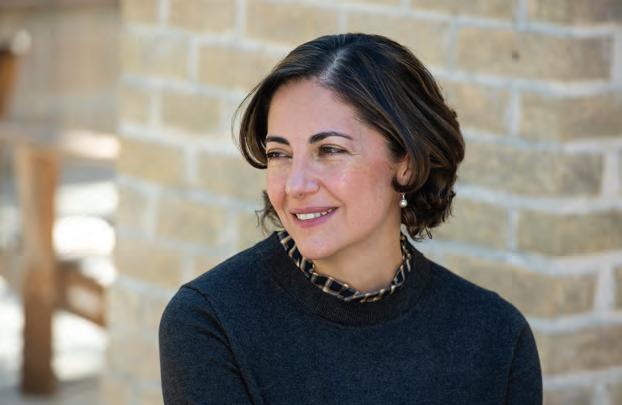
By Elsa Tonone de Sala
As a teacher that has been in the profession for the past decade, I was used to abrupt wakeup calls in the form of my alarm clock and the light of my phone screen, receiving the first few notifications of a new workday.
While every day was unique in one sense or another, I had fallen into a comfortable routine that was predictable at its core. Little did I know that my life would shift so dramatically within the span of a couple months. The COVID-19 pandemic and its accompanying events (which are often further magnified by the gravity of the virus) have undoubtedly affected every individual on the planet. While the general attitude towards the pandemic is negative, I have tried to find the blessings. Certainly, it was a rather rude wakeup call, nothing like the beeping alarm I would normally wake up to, but it was oddly the change that I needed.
Like most, I have gone through my own hardships in life that have warranted my spirituality to be tested. Each time I was confronted with my life being uncertain or perilous, I would overcome it with the search for meaning and purpose. Although it is difficult to find significance in tragedy, I believe every human experience can be interpreted as a lesson for the future, and the pandemic is certainly no exception. In the face of the pandemic, I know that overthinking the varied possibilities of things that could go wrong will ultimately be my personal downfall. The pandemic is bigger than me. It is bigger than all of us; therefore, letting myself fall into the spiral of problems that are out of my reach would certainly be detrimental to my mind, body, and spirit. Spirituality provides a certain level of comfort and is imperative in knowing that there is something to learn and benefit from amidst the turmoil. Everything was uncharted territory, yet as I got to spend more time with my husband, my girls, and myself, I came to learn how to make the best out of the worst situations. Unity, understanding, compassion, and respect amongst my loved ones and myself is what ultimately healed and strengthened my spirit. In order to combat the current external obstacles, I must have inner peace with myself. I maintain an internal balance through prayer, meditating about my personal relationships and my relationship between myself and a higher power; in my case, this higher power is God. I ground myself in my present reality by engaging all of my senses: lighting a candle (smell), listening to the sound of waves (hearing), going on a nature walk to interact (sight), or cooking satisfying meals (taste and touch).
I have also tried something new … finding support groups online, sharing my experiences and imparting words of strength, compassion, and affirmation to others. I have tried to consciously accept the negative and appreciate the things I have previously taken for granted, such as the enriching scent of my morning coffee and the honey-colored sunshine pool through my window blinds.
This past year, my sense of purpose and my personal definition of spirituality have been forever changed. I am more thankful and in touch with my feelings, experiences, and relationships. Most importantly, I still carry hope and humility with me. My everadapting spirituality will serve as a pillar of support and guidance through the trials and tribulations of the human experience.

Elsa Tonone de Sala is an Upper School Spanish teacher and the mother of Andrea ’16, Isabel ’20, and Daniela ’23. She has been teaching at Saint Mary’s Hall since 2010. Elsa is also the Upper School Spanish Club sponsor and the Upper School Community Service coordinator.
I Would Never Lie to You
By Jennings Stuart ’21
Photography Lynn Carla

I, Jennings Stuart, would never lie to you.
Rereading the email entitled “COVID-19 Update” back in March, I was unable to contain my excitement over our extended Spring Break, not stopping to think about what this would mean for the rest of my junior year.
That extended Spring Break was not as glamorous as I had anticipated; sometimes it feels as though it still hasn’t ended. Spring Break blended into quarantine, which blended into remote learning, ultimately blending into summer. The monotony of staying locked up in my house made the clock tick slower.
I, Jennings Stuart, would never lie to you.
As “senior leadership,” I was kept busy over the summer, logging on and off Zoom calls with administration, collecting senior ideas, participating in an online anatomy class, and acting as the bridge between my peers and the Saint Mary’s Hall community. Although this work I did was in preparation for my senior year, my involvement over the summer mixed with ignorance led me to believe that COVID-19 would never touch our senior year. It wasn’t until I discussed the alternatives for a Blue Tie Parade with administrators that our new reality began to seep into the deepest cracks of my foundation that was no longer protected against an inevitable pandemic.
I, Jennings Stuart, would never lie to you.
Blue Tie Parade was one for the history books. While driving around the Upper School Circle lacked screaming kids, I was happy to be receiving my blue tie. While the first few days of senior year were online, I was overwhelmed with the amount of preparation going on behind the scenes. Everyone, from administrators to students, utilized their talents for the same purpose: to uphold the triumph of Baron Pride in the face of a new obstacle.
I, Jennings Stuart, would never lie to you. I was angry. I still am angry. Angry at someone or something for allowing me to pour my heart and soul into this school from day one to watch my senior year crumble before my eyes. I immediately reverted to what I do best, attempting to pick up the pieces of rubble all on my own and patch together our senior year, repeating phrases like “I waited thirteen years” or “why our Form?” We are taught to take delight in the simple things at Saint Mary’s Hall, but the simple things we were looking forward to were suddenly a figment of our imaginations. I, Jennings Stuart, would never lie to you. Although the simple things we were looking forward to taking delight in were gone, that motto which we believed to be mocking us opened our eyes to all the simple things our community has given us despite the debris of our senior year. Our community gave us faith and support when we had none and still do this day. Teachers reach out and check on us daily, parents provide opportunities to bond, and our administration has opened its ears to our concerns. And I, Jennings Stuart, would never lie to you. Despite the rubble of our senior year, the wreckage for which we mourn, hope still blooms in the Saint Mary’s Hall community. We are rebuilding our new senior year and watching as flowers begin to break through the cracks in the world around us.
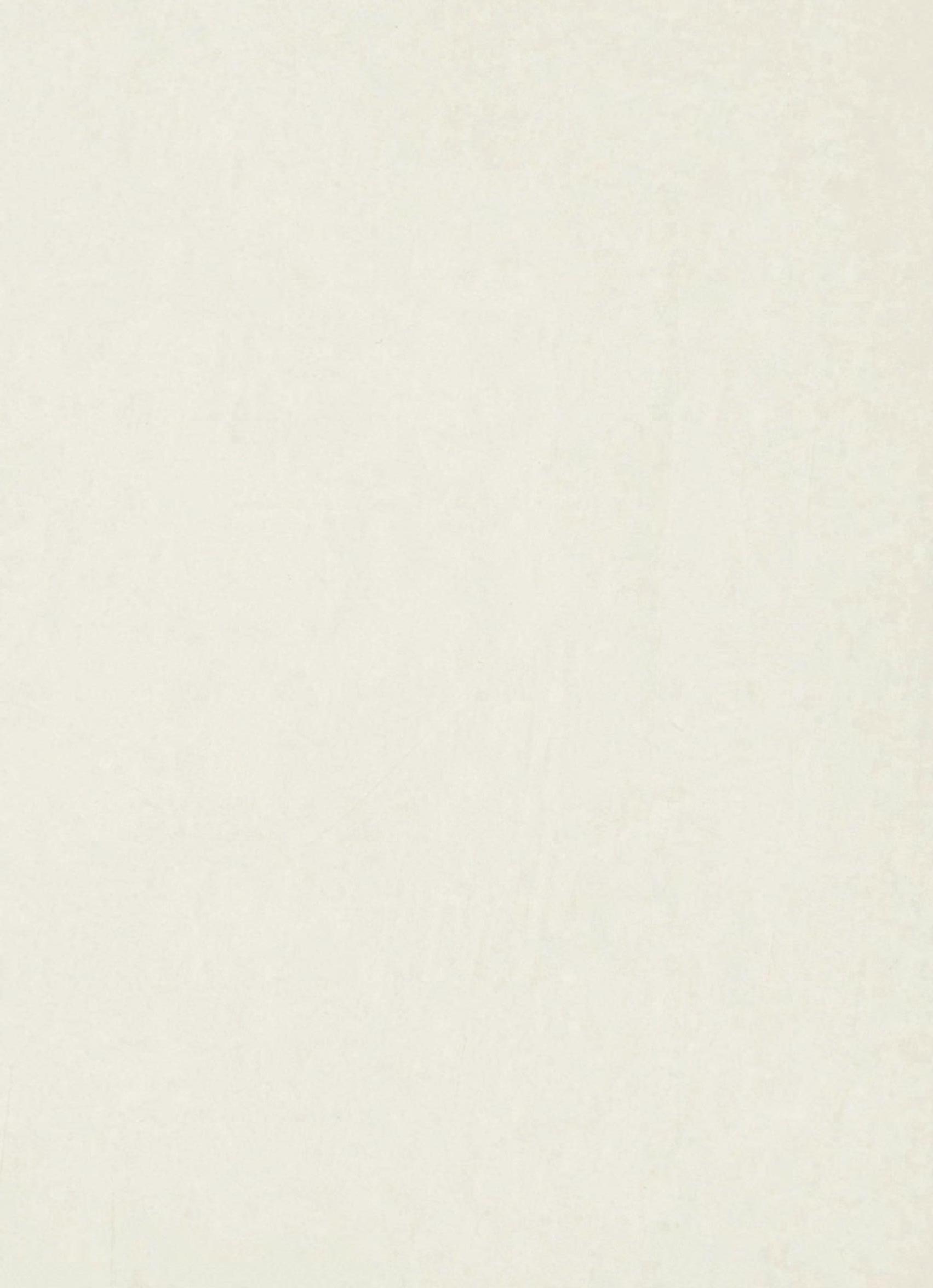
Jennings Stuart is currently in Form 12 and is a “Lifer” having attended Saint Mary’s Hall since Kindergarten in 2008. Along with being the student body president, Jennings is involved in Student Council, Project Teach, UNICEF, She’s The First, and Shield Society (serving as president). Some of her interests include photography, creative writing, graphic design, psychology, history, and learning in general. She is the first in her family to attend SMH.
SMH Reimagines Treasured Events
The 2020-2021 school year has been unprecedented. The COVID-19 pandemic has made our traditional events extremely difficult, and sometimes impossible, to organize and host.
Nevertheless, the Saint Mary’s Hall community came together to find innovative and creative ways to keep these events alive. One of the hallmarks of Saint Mary’s Hall is our sense of community. From Baron Bazaar to Founders’ Day, this semester has been full of timeless and reimagined experiences that students will remember fondly.

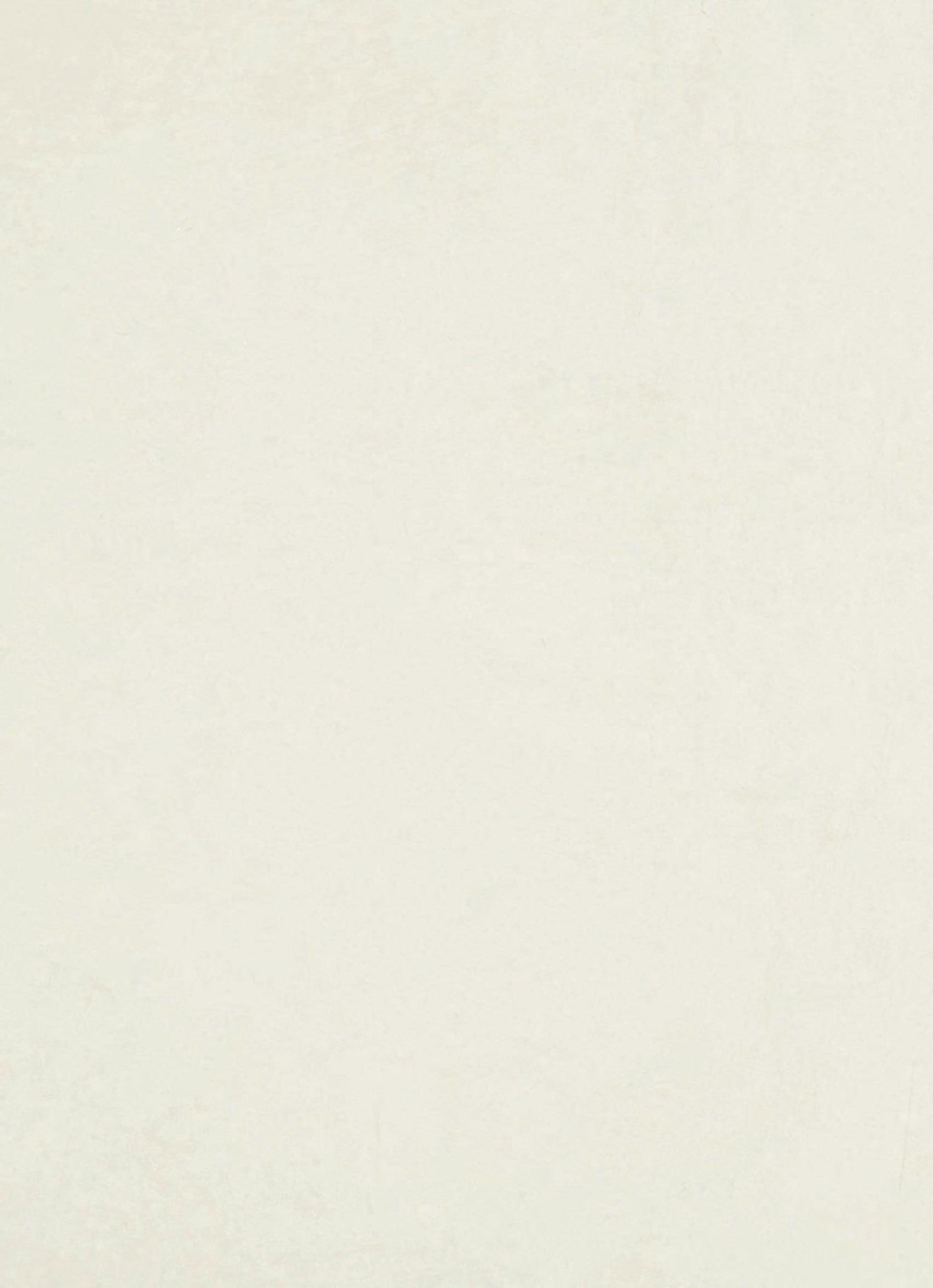
Baron Bazaar Brigade
August 10-12, 2020
As the first event of the school year, Baron Bazaar served as the first real test of the school’s safety precautions. Our annual “back-to-school” event was held in a curbside format, with parents ordering their books and the “Baron Bazaar Brigade” loading them into cars in a safe, sociallydistanced manner. Faculty and staff were on hand to greet students with cheers of excitement and signs of encouragement.
Sorting Day
September 9, 2020
Upper School Sorting Day looked different this year. New Upper School students and faculty participated in a drive-through sorting ceremony. When sorted onto the Capers or Elliott teams, they received t-shirts and paint on their faces to signify which team they were selected to join.

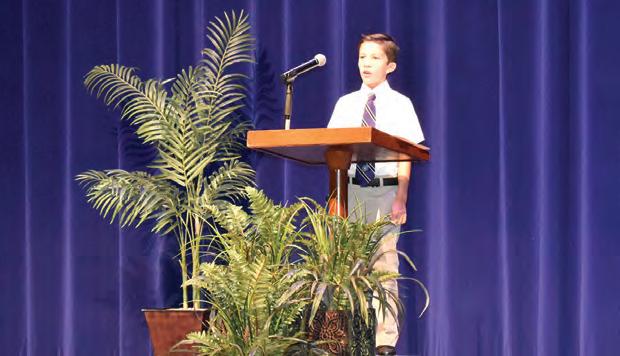
Blue Tie
August 21, 2020
Blue Tie is an SMH tradition dating back to 1940, and is a milestone of every Baron’s senior year. This year proved to be no different. SMH held a drive-through event, where seniors rode through with their families and were allowed to briefly step out of their vehicles to receive their blue tie from Head of School Len Miller.
August 19, 2020
All-School Convocation was entirely virtual this year, with a very small number of socially-distanced speakers delivering their remarks from the Coates-Seeligson Theater/Chapel via live stream. No audience was in attendance, but families tuned in from the comfort of their homes.


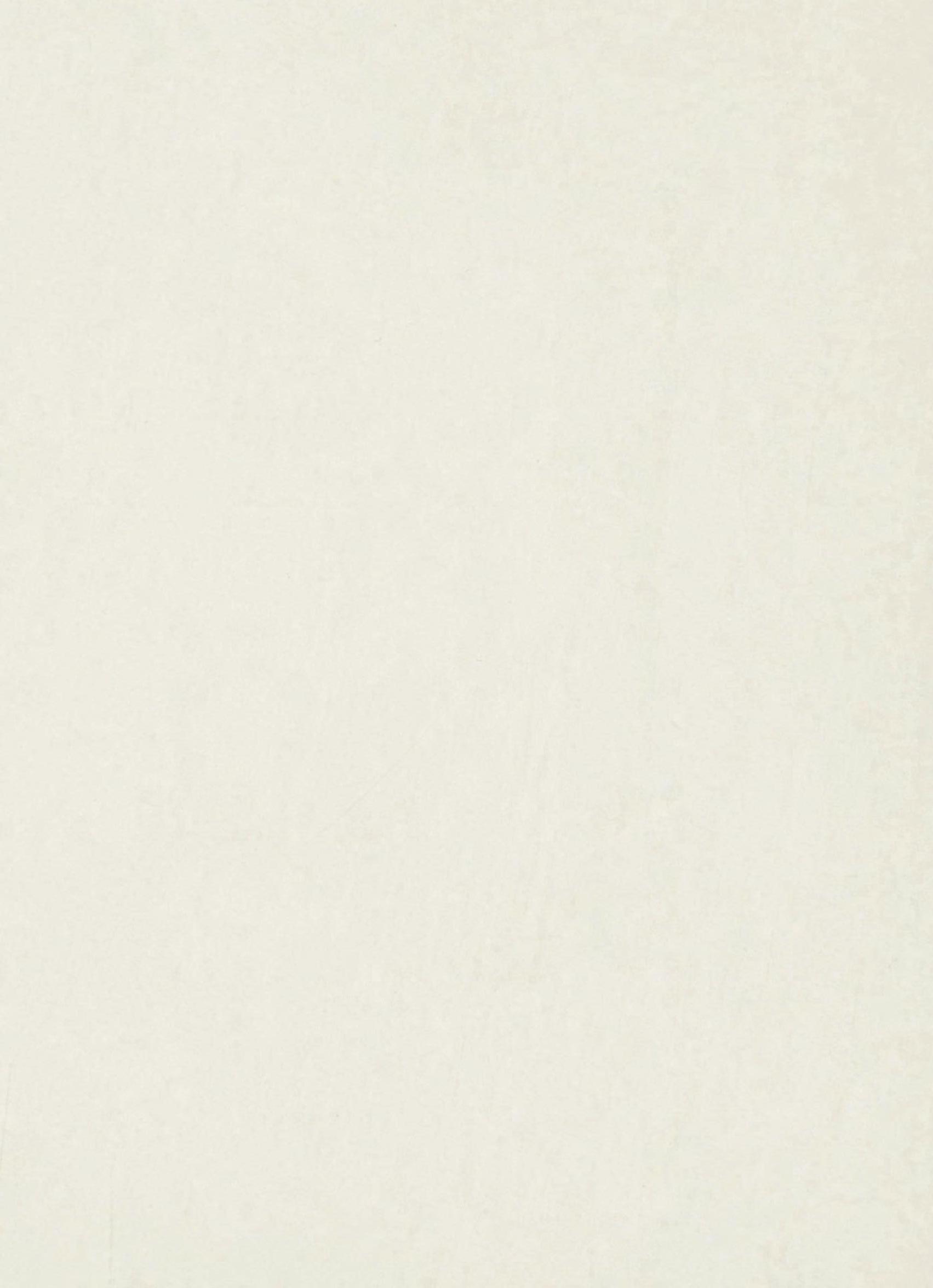
Founders’ Day, Len Miller’s Installation, & Master Teacher Awards
November 19, 2020
Saint Mary’s Hall held its first “hybrid” event on campus since the start of school this fall. With speakers and a small number of spectators observing on Lewis Field and the rest of students and faculty viewing via live stream in their classrooms, the ceremony was different than in the past, but the spirit of the event lived on. The day was also exciting, as it featured the formal installation of Head of School Len Miller and the announcement of the annual Master Teacher Awards. Learn more about Founders’ Day, starting on p.12, and our Master Teacher Award recipients, starting on p.14.
Fiesta
October 16, 2020
Like the City of San Antonio’s Fiesta celebration, Saint Mary’s Hall was also forced to cancel its traditional Fiesta celebration. In spite of this, the community came together to provide a Fiesta Sorpresa to all students, including treats, a t-shirt, and other festive goodies.



